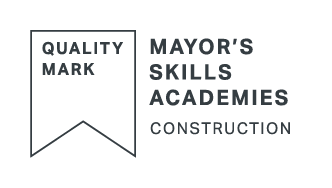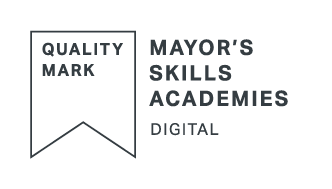Progress to university, further study or employment.
Successful completion of this one-year course can lead to the study of the Level 3 BTEC Extended Diploma in Engineering, for a second year. The course develops a wide range of transferable skills such as problem-solving, team working, understanding technical information, critical thinking and gaining the necessary workshop skills that the sector requires. It enables students to develop the confidence, knowledge, academic and practical skills needed to go directly into employment or seek a vocational apprenticeship or trainee role.
Did you know?
Engineering and manufacturing is one of the UK's broadest sectors and, according to Engineering UK, workers within the sector accounted for 19% of all UK employees in 2019. While some engineering- related industries, such as mining and quarrying, are in decline, a range of other fields are actively seeking new recruits in aerospace, automotive, design, manufacturing, power, marine, instrumentation and control telecoms, digital communications and networks, software, rail, process control, production, project management and transportation.











































